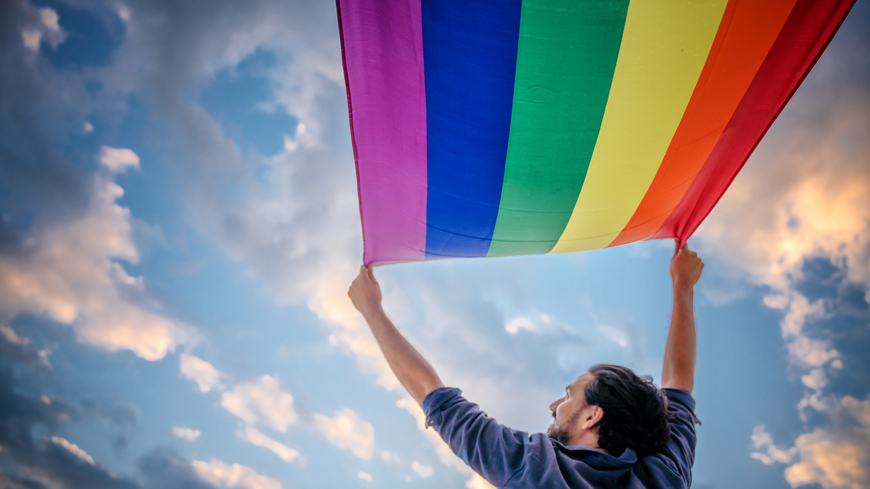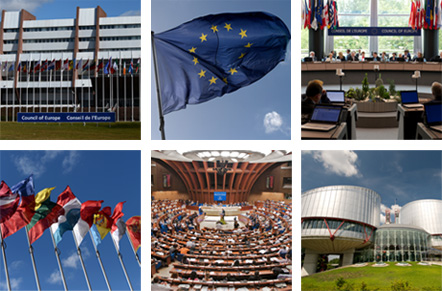Statement by Secretary General Marija Pejčinović Burić ahead of the International Day against Homophobia, Transphobia and Biphobia (IDAHOT)
European states must do more to address the specific challenges faced by young LGBTI persons, especially in times of crisis, said Council of Europe Secretary General Marija Pejčinović Burić in a statement ahead of the International Day against Homophobia on 17 May.
“The COVID-19 pandemic crisis has exacerbated the inequalities already faced by disadvantaged groups of society. LGBTI youngsters who have traditionally been stigmatised and marginalised are now exposed to an even greater risk of hate speech and violence, at home and in public".
“Social distancing and lockdown can be particularly difficult for those young people who have been rejected by their family or have not come out, who have mental health issues, or who suffer from physical or psychological violence. In addition, restrictive measures in the context of the pandemic have limited the support young LGBTI persons receive from friends, LGBTI centres, NGOs and educational establishments”.
“Governments and civil society should maintain efforts to protect young LGBTI persons by providing psycho-social and mental health support and setting up phone helplines”.
“Homelessness is also a serious problem. I encourage authorities to provide better protection for young homeless LGBTI persons, including through the provision of shelters,” the Secretary General said. According to estimates, every third young homeless person in Europe identifies as LGBTI.
The Council of Europe Recommendation on measures to combat discrimination on grounds of sexual orientation or gender identity adopted 10 years ago provides guidance for European states on tackling homophobia, transphobia, biphobia and inter phobia.
Article on our actions to protect and promote LGBTI rights



